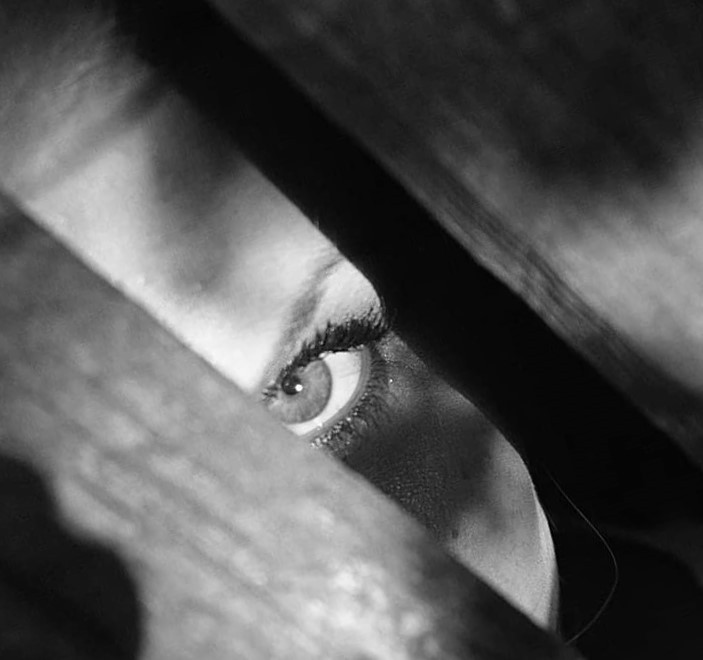At MPRM Communications, we are privileged to work with some amazing storytellers, from independent filmmakers to entrepreneurs who set out to change the world. But just like the proverbial shoemaker’s children who go without shoes, they often need help in crafting their own stories. Because it is our business, we are also keen observers of other practitioners of the art of storytelling, whether in service of an issue, business, promotion or simply to entertain. What we plan to undertake here is a weekly look at the different ways storytelling can be used from transporting audiences to motivating change to building a business or creating awareness.
Horror films enjoy an avid fan base, no doubt because of the unexpected twists and turns that keep viewers on the edge of their seats. But scary stories can often teach us something, if no more than not repeating the foolish behavior that often gets the protagonists in such treacherous trouble. They also often serve as social commentary, with Get Out an excellent example, reflecting the fears and anxieties faced by society as a whole.
2020 has been a horror story of Biblical proportions, filled with an extraordinary level of unpredictability — pandemic, floods, fires, quarantine, racial injustice, an election that seemed to never end, seemingly alternate news realities — leading to stress levels we never imagined, even for the vast majority of us who are not on the front line. Despite the worst aspects of the year, most tragically the huge loss of life, there was so much that was also life affirming.
At the movies we cover our eyes when it gets too scary, and there were those who chose denial over common sense this year. But so many looked at the problems caused by the multiple crises that cascaded through 2020 as an opportunity to do better. In the early days, as a community we joined together to applaud the first responders, quarantined to flatten the curve, marched to support Black Lives Matter and sought innovative ways, like drive bys, to help friends and family celebrate important life moments like birthdays, graduations and weddings.
We embraced technology to create virtual workplaces, used business tools like Zoom to stay in touch with friends and family, and shopped online for everything. Many businesses, like restaurants, gyms, retail and beauty salons, suffered terribly, but they too rose to the challenge, first with take-out, curbside pick-up, virtual workouts and DIY hair coloring kits and then by moving everything outdoors.
At MPRM our focus became the art of the possible, fortunate that our work could be done virtually. We went from guiding production companies on how to message shut downs and layoffs to helping filmmakers move beyond the pain of losing a festival premiere, as SXSW became the first of many festivals to cancel, by generating awareness for their achievements. For our streaming, television, VOD and virtual cinema clients, we were able to do everything virtually that had once been done in person. We even represented two virtual film festivals, American Black Film Festival and Outfest, both of which were able to reach much broader audiences than previously.
While we look forward to returning to a time where we can see each other at the office, enjoy the festivities around a premiere and going out to restaurants, bars and the movies, we know that we’re never turning the clock back entirely. Viewing habits have changed, virtual junkets are easier for everyone, and working from home has the benefit of no commute and a more flexible work schedule.
Although the horror story of 2020 is one that will partially continue into the new year, because of COVID-19, there is a happy ending in sight, thanks to the unprecedented speed with which vaccines have become available. But before we can get there, we need to mask up, socially distance, get tested and accept that vaccines will work. There are definitely a few more twists to this tale before it comes to a satisfying conclusion.
